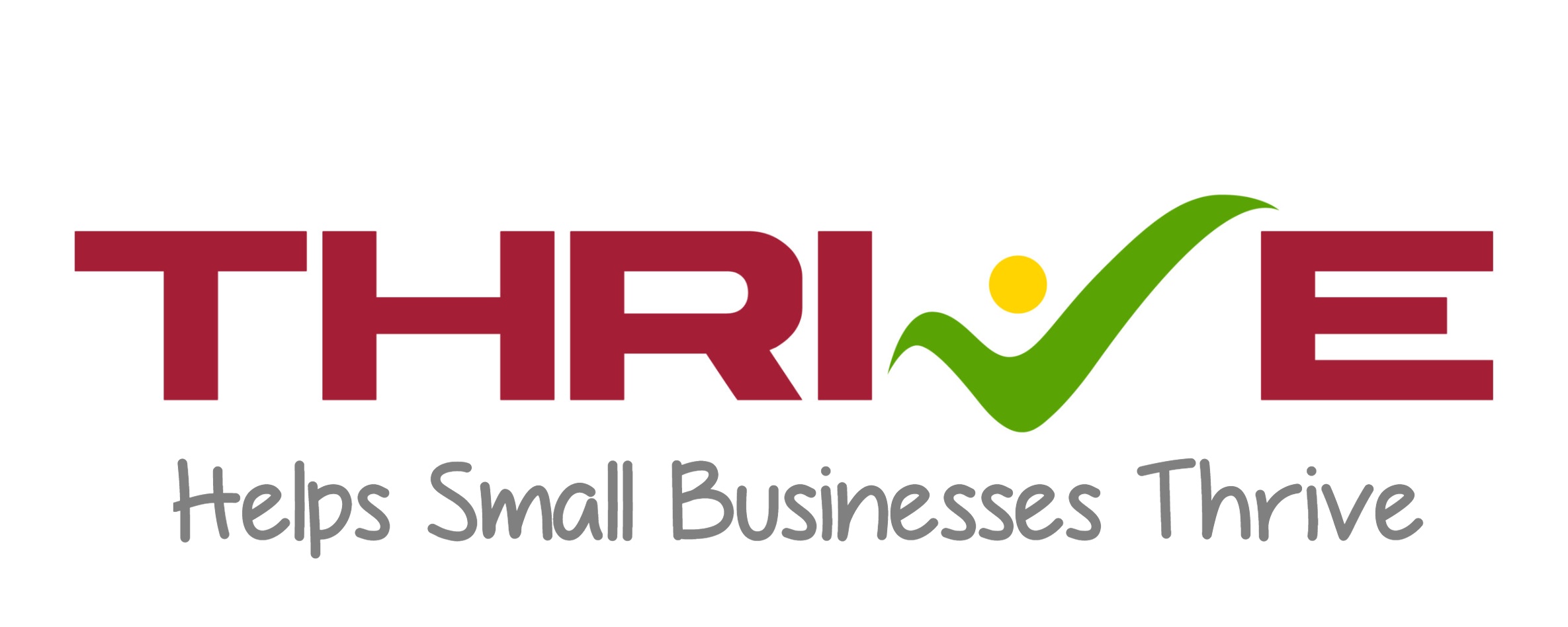Introduction to Social Media Marketing:
Social media marketing is a powerful tool that businesses can use to reach their target audience and promote their brand. With billions of people using social media platforms like Facebook, Instagram, Twitter, LinkedIn, and Pinterest, it’s no surprise that companies are turning to these channels as part of their overall marketing strategy. However, with so many different options available, it can be difficult for businesses to determine which platform will work best for them. In this guide, we’ll explore the importance of influencers in social media marketing, provide an overview of each major platform, and offer tips on how to effectively use each one.
The Importance of Influencers in Social Media Marketing:
Influencer marketing has become increasingly popular in recent years, particularly on social media platforms. An influencer is someone who has established credibility within a particular niche or industry and has built up a large following on social media. By partnering with influencers, businesses can tap into their audiences and gain exposure to new potential customers. According to research by Hubspot, 92% of consumers trust recommendations from individuals over brands, making influencer marketing a highly effective way to build brand awareness and drive sales.
There are several factors to consider when determining which social media platform is best suited for your business. Here’s a brief overview of some of the most popular platforms:
1. Facebook – With over two billion monthly active users, Facebook is the largest social media network in the world. It’s a great option for businesses looking to reach a wide audience, especially those targeting older demographics.
2. Instagram – Owned by Facebook, Instagram is a visual-based platform that’s particularly popular among younger audiences. It’s ideal for businesses with visually appealing products or services.
3. Twitter – Known for its short, quick updates, Twitter is often used for real-time communication between businesses and their customers. It’s also a good choice for businesses looking to establish themselves as thought leaders in their industry.
4. LinkedIn – This professional networking site is designed specifically for business professionals. It’s ideal for B2B companies looking to connect with other businesses in their industry.
5. Pinterest – Pinterest is a visual search engine that allows users to save and organize images related to various topics. It’s perfect for businesses with highly visual products such as fashion, home decor, and food.

How to Use Each Social Media Platform Effectively:
Once you’ve determined which social media platform(s) are best suited for your business, it’s important to know how to use each one effectively. Here are some general guidelines:
1. Post high-quality content consistently – Whether you’re posting photos, videos, or written content, make sure it’s high quality and relevant to your audience. Consistency is key; aim to post at least once per day.
2. Engage with your followers – Respond promptly to comments and messages, ask questions, and encourage user-generated content (UGC).
3. Analyze your results – Take advantage of analytics tools provided by each platform to track engagement rates, click-through rates, and other metrics. Use this data to adjust your approach accordingly.
Conclusion:
Social media marketing offers endless opportunities for businesses to connect with their target audience and grow their brand. By understanding the importance of influencers, identifying the right social media platforms for your business, and using each one effectively, you can create a successful social media marketing strategy that drives traffic, leads, and sales.




